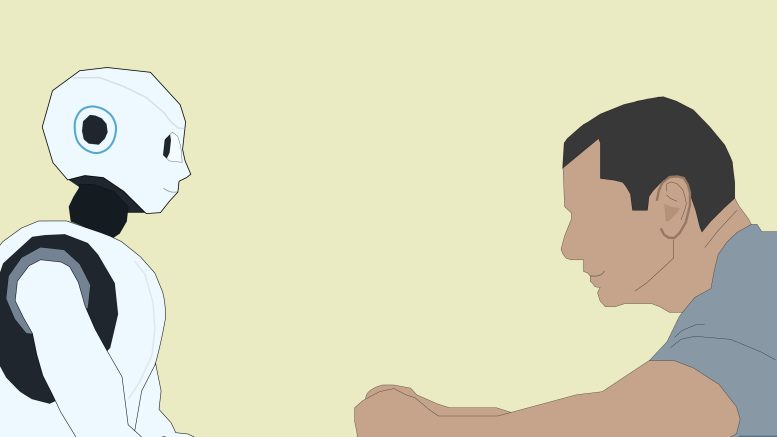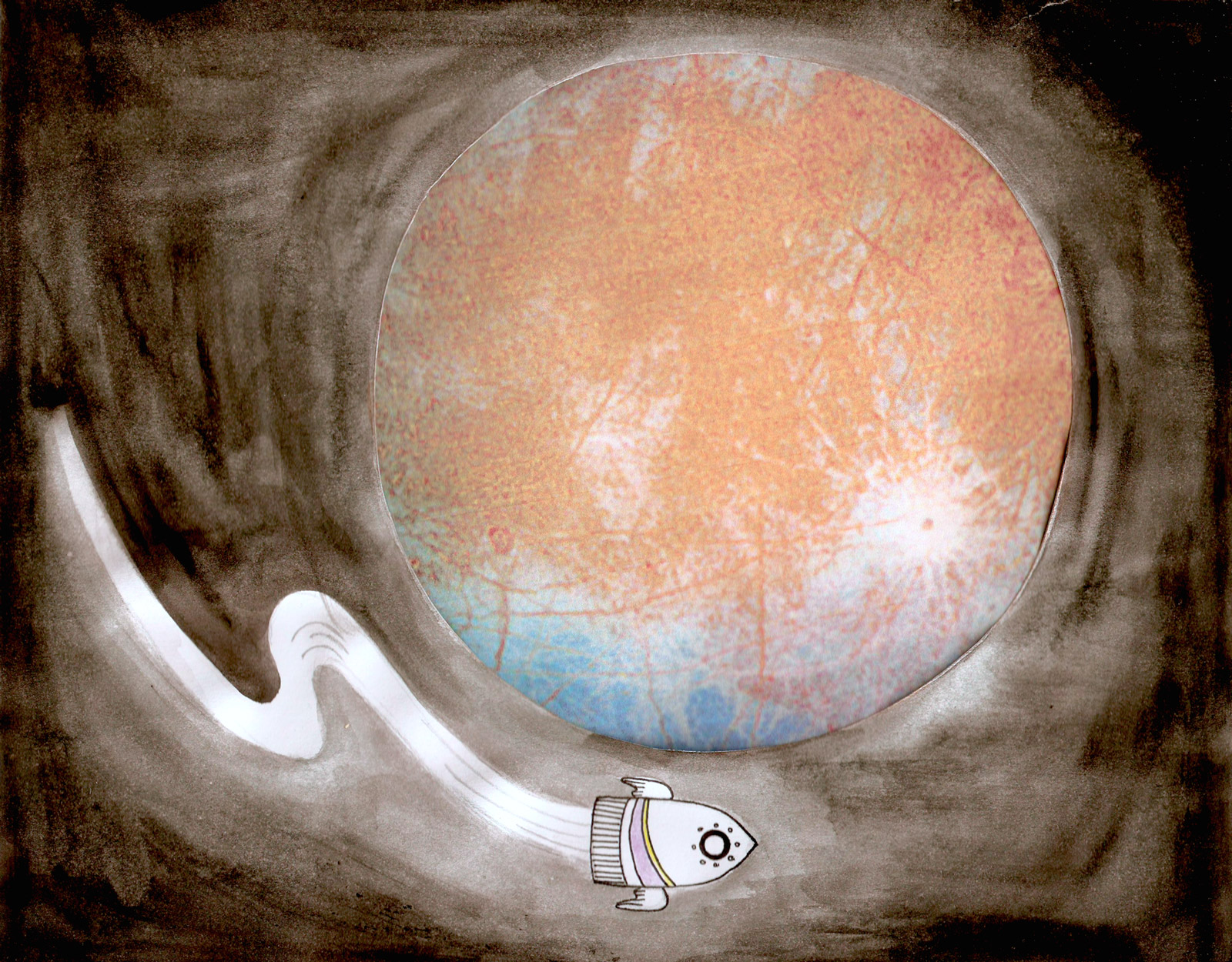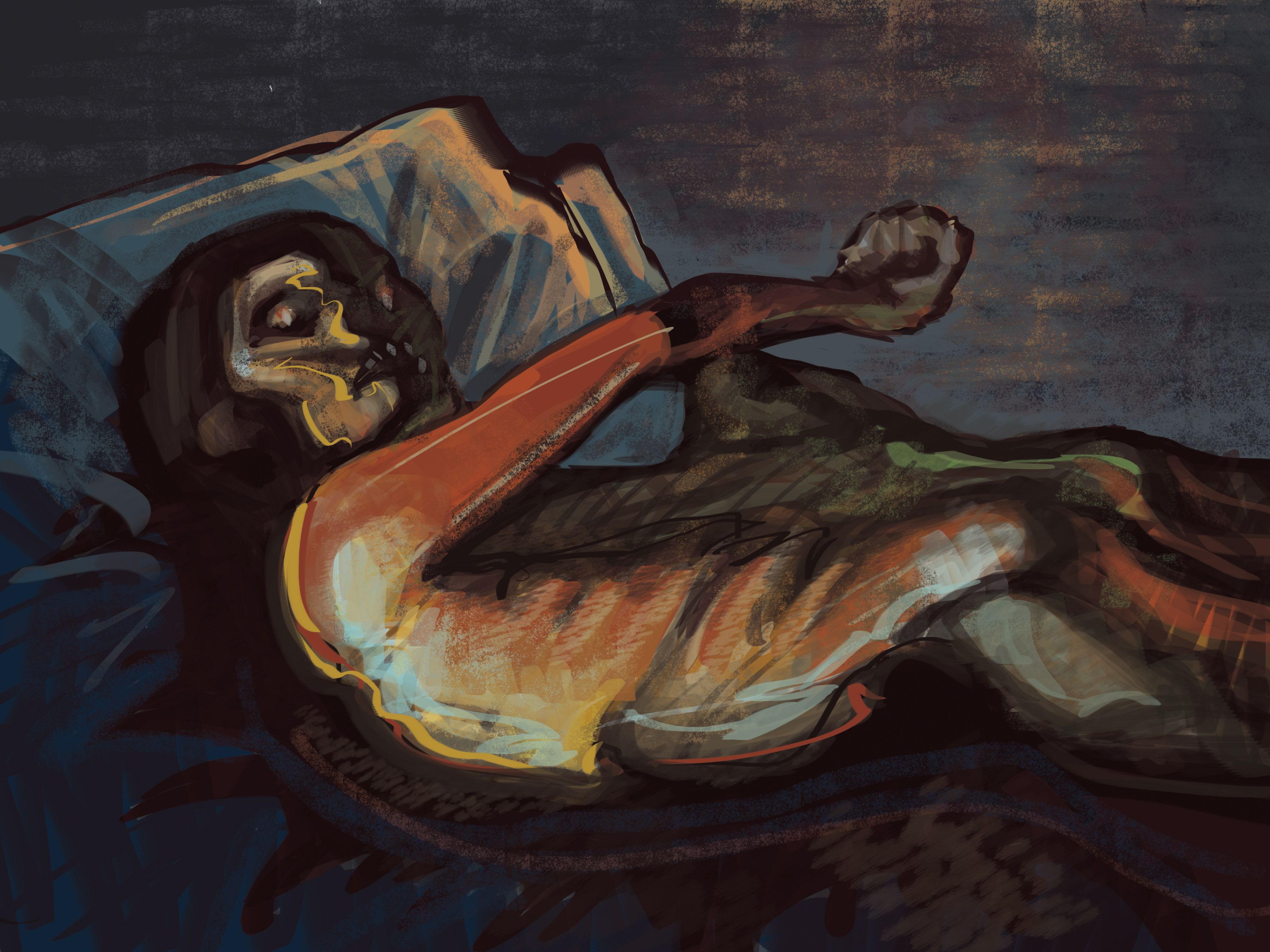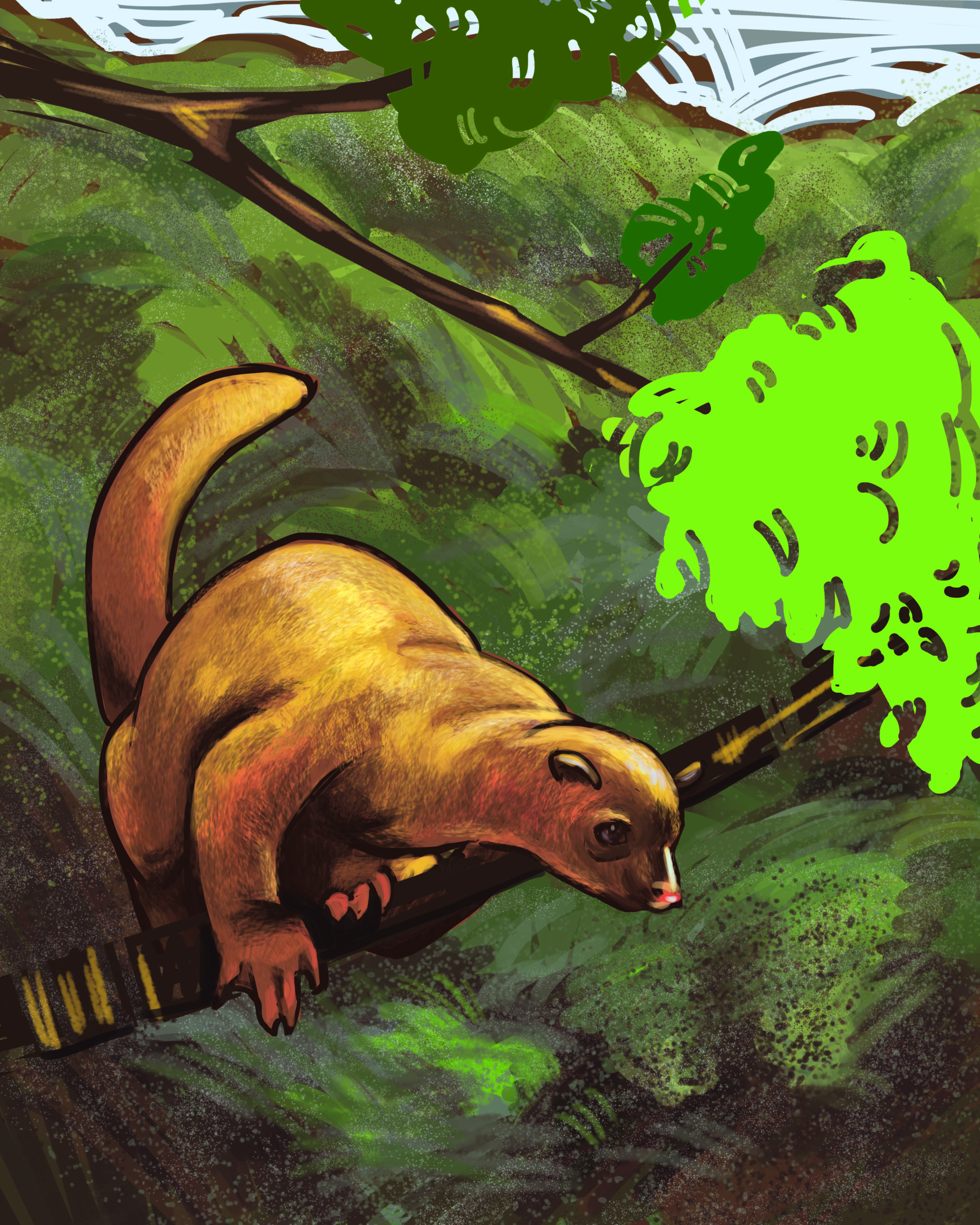Artificial intelligence (AI) is enhancing team collaboration by optimizing workflows, automating task management and providing real-time insights to improve decision-making in dynamic environments.
John Anderson is a professor in the U of M’s department of computer science. His journey in research started during his undergraduate studies in computer science.
“I simply found [AI] by far the most interesting area of the field that I’m trained in. It’s the coolest stuff. Almost every aspect of it is interesting, and I couldn’t get enough of it,” he said.
In the initial stage of his career, Anderson’s research focused on AI planning systems.
“It involves figuring out how to achieve certain things and how to deal with obstacles as they come up in that way. That can be anything from planning how to build a house […] to how you drive your car from a given point to another,” he explained.
AI planning systems assist in making real-time decisions by adjusting strategies to handle unforeseen circumstances, such as avoiding obstacles while driving.
As his career progressed, Anderson shifted his research focus to robotics after collaborating with a colleague at the U of M who had a strong interest in the field of robotics.
His research on humanoid robots examined the physical limitations these machines share with humans, including frailty, limited sensory abilities and energy constraints.
“They’ve got to find their way around,” he said. “They’ve got limited perspectives and limited sensing abilities […] All the problems that you and I have are adaptable to humanoid robots.”
Anderson compared working with humanoid robots to solving human problems, highlighting the connection of AI research with real-world applications.
Anderson explained that the majority of his research, in both AI planning systems and robotics, focused on coordinating and organizing groups to solve problems.
His current research is on dynamic teamwork involving collaboration between humans and AI to solve complex problems.
“So you and I have a problem to solve, and we collaborate to get that done […] Sometimes those goals mesh perfectly, other times, they’re not quite so perfect, and we’re working together to make that work, rather than working against one another,” he explained.
This process reflects the teamwork required in complex environments, where individuals collaborate and share specialized knowledge to achieve a common goal.
Anderson emphasized that teamwork is crucial for solving significant problems.
“One person is not going to be able to solve all of the problems. We need specialized knowledge, or we need more than one pair of hands,” he said. Anderson’s research focuses on enhancing AI’s role in improving dynamic teamwork, making collaboration more efficient and adaptable.
At his cottage in Gimli, he frequently encountered minor yet persistent issues while preparing tea.
For example, he would accidentally turn on the wrong element because the stove controls at the cottage were different from those at home.
This issue sparked a curiosity about how routines shape human behaviour. Anderson understood that people depend greatly on routines to save mental energy, a principle that informed his research on how individuals create and modify their behaviours based on familiar patterns.
“One of the ways that we do that is to develop routines and stick with them. We don’t think about things unless we have to,” he said.
This observation led to a deeper investigation of how routines can be adapted to different contexts, such as when driving a rental car with unfamiliar controls.
Anderson’s research on how people adapt their routines to new situations formed the foundation of his PhD thesis.
As AI becomes more integrated into daily life, concerns about its potential misuse have grown.
“The big part is not to be afraid of AI these days. It can be a very helpful tool. The thing to worry about is what people are going to use this tool for,” he said.
Anderson believes that AI has the potential to elevate humans to extraordinary levels of achievement.
“It will be tremendously helpful in the future,” he said. “It can get us to the stars. It can get us further than that.”
“Ask cool questions and work to find answers no matter what field you’re in, because that is what advances human knowledge everywhere.”





